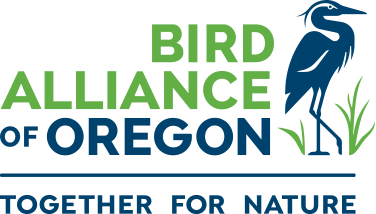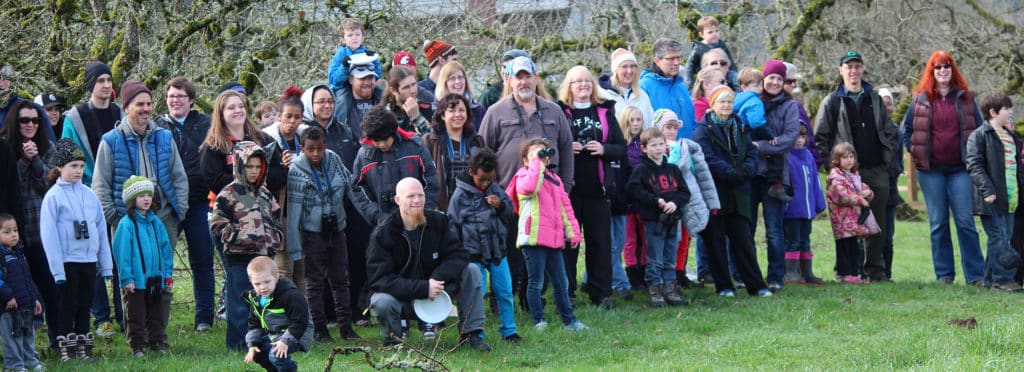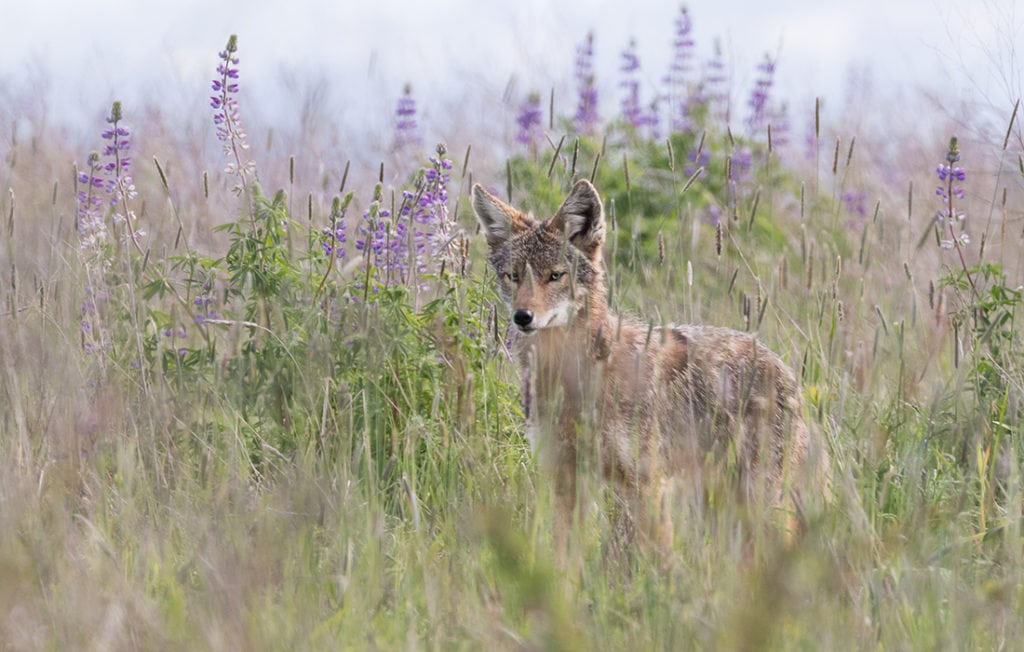
Unfortunately, many of our leaders have responded to the housing crisis with proposals to indiscriminately increase development at the expense of crucial environmental protections. We reject false narratives that imply we can have either housing or thriving urban ecosystems, but not both. Just as Bird Alliance of Oregon’s decades of work has helped engrain nature into the DNA of our city, ill-considered policies made now will shape what our cities look like long into the future and will result in environmental injustices and increased vulnerability to the impacts of climate change.
At the state level, Governor Tina Kotek’s Executive Order 23-04 set an ambitious housing production goal of 36,000 homes per year—an 80% increase over current construction trends. While we are supportive of efforts to achieve urgent housing goals, we were dismayed when her 2023 comprehensive housing bill (HB 3414) unnecessarily pitted hard-won environmental protections against housing production. With our conservation partners, we fought that bill and successfully kept intact—for the time being—our urban growth boundaries and important wildlife, habitat, and greenspace protections. At the same time, the governor mobilized her Housing Production Advisory Council, which is dominated by development interests, to inform policy for reaching her housing goals. The proposals coming out of that body, unsurprisingly, put things like wetlands and urban tree codes on the chopping block in favor of increased development.
It is hard not to be discouraged by these dynamics. Tackling Oregon’s housing crisis is going to take unprecedented levels of collaboration across sectors and stakeholders, as well as robust, sustained, and focused investment. The conservation community is an important partner in this effort. Fortunately, we are seeing some positive movement that has been made possible by the significant outpouring of advocacy from conservation advocates like you. Together with our conservation allies, we are engaged in ongoing communication with the governor’s office to help advise and inform housing policy for the 2024 legislative session. We are encouraged by these conversations and are optimistic that we can advance creative solutions to achieve our housing goals without compromising the urban ecosystems that our wildlife depend upon and that make our cities safer, cooler, and more climate resilient. We are also looking forward to engaging our Bird Alliance of Oregon community once the legislative session gets underway in February 2024.
At the city level, we are closely watching Portland’s so-called Housing Regulatory Relief Project, which sadly replicates the failed HB 3414 model. To encourage development, the city is considering temporary waivers and permanent changes to zoning regulations—including standards for bird-safe buildings, ecoroofs, and other sustainability measures. After consideration by the Portland Planning Commission, the proposal will go before the City Council this winter, where the public will have an opportunity to weigh in.
We must not allow decision makers at any level of government to pit the housing, climate, and biodiversity crises against one another. Although daunting, we have an opportunity to advance creative solutions that address all three. The long-standing vision of our urban conservation program is to make Portland the greenest metropolitan area in the country—one in which all people have access to affordable housing in complete, healthy, equitable, climate-resilient communities surrounded by nature. Please stay tuned for opportunities to get involved and join us as we work to realize this vision together.



